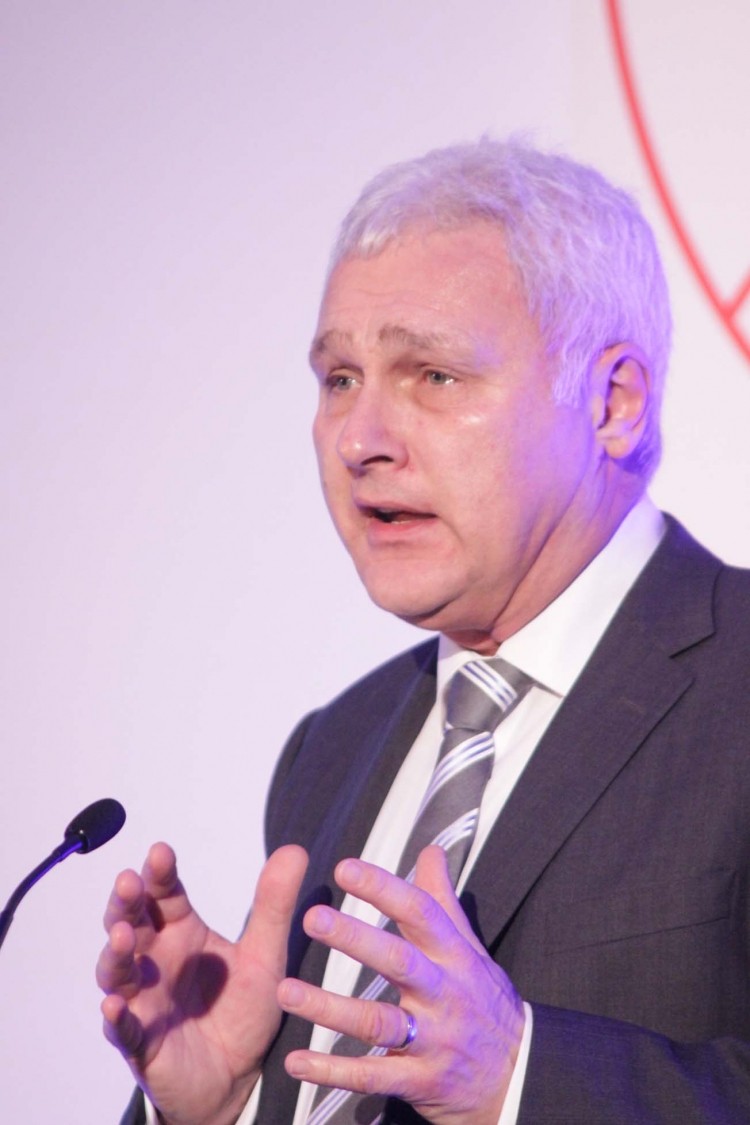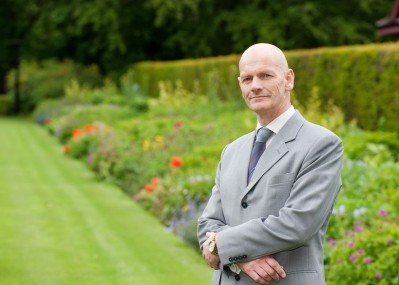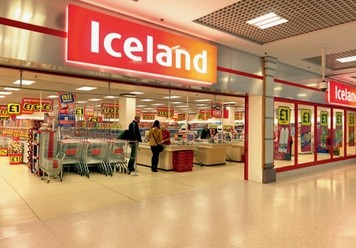'Enough already about horsemeat scandal'

Speaking exclusively to our sister title Food Manufacture at the British Frozen Food Federation conference, Franks said the industry could not forget the impact of the scandal, which had changed shopping behaviours, but it was “enough now”. It’s the industry’s job to respond to this change and boost sales, he added.
“Sales of frozen food have almost returned to what they were before the scandal,” he said. “But consumers want something new and they want to see change in the frozen food sector, which we need to give them.”
Stale, lifeless and cold
Research carried out by Dr Oetker had shown that consumers viewed the frozen food category as “stale, lifeless and cold”, he said. A perception that had tainted frozen food sales, but allowed fresh and chilled sales to increase.
Pioneering names in the frozen food category, such as Farm Foods and Iceland, had made it difficult to change consumer perceptions of the sector, as they conjured similar consumer views as Netto once did, Franks added.
Discounters like Aldi were fashionable now and it wasn't unusual to see 4X4s in the car park “but with Farm Foods and Iceland, you don't really get that”, he said.
A comment made by Iceland chief executive Malcolm Walker in his TV documentary last year about not getting many Waitrose shoppers stuck in Franks’s mind, he said, “but maybe they ought to be trying to get that sort of shopper”.
Cheap and cheerful
Because Iceland and Farm Foods sold cheap foods, upmarket shoppers perceived them as “cheap and cheerful”, he claimed.
“There is no reason why they shouldn't target Waitrose shoppers,” he said. “You have to find ways of becoming relevant to different classes who want different things.”
It was time the sector innovated, but not by bringing new products onto the market, he said. It needed to look at how products were offered and marketed to consumers. For instance, Jamie Oliver recently promoted the benefits of frozen cauliflower for cauliflower cheese on his 15 Minute Meals cookery programme.
Franks said that consumer trust had grown again since the horsemeat scandal, but that we should not be complacent, “we need to continue to build that trust in a variety of ways”.















